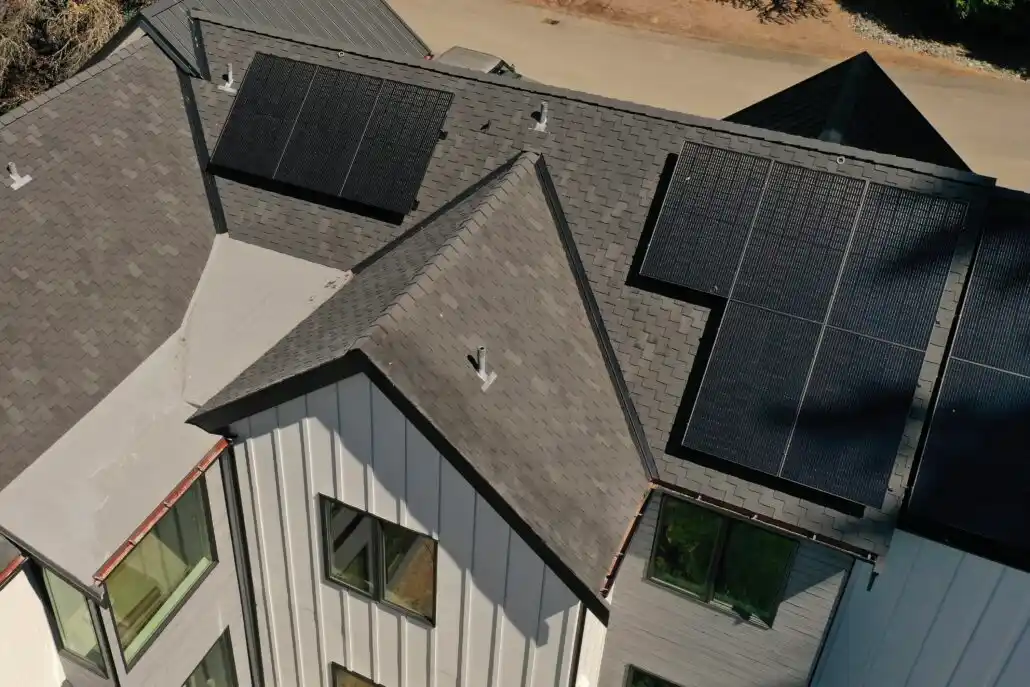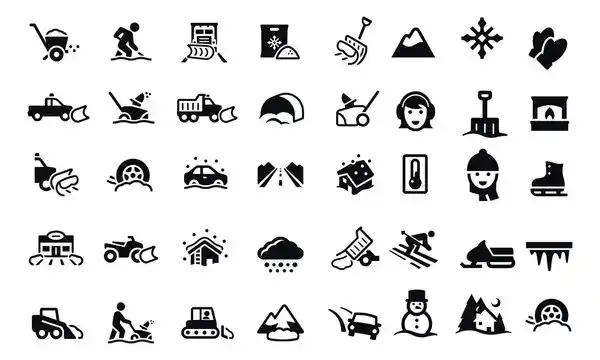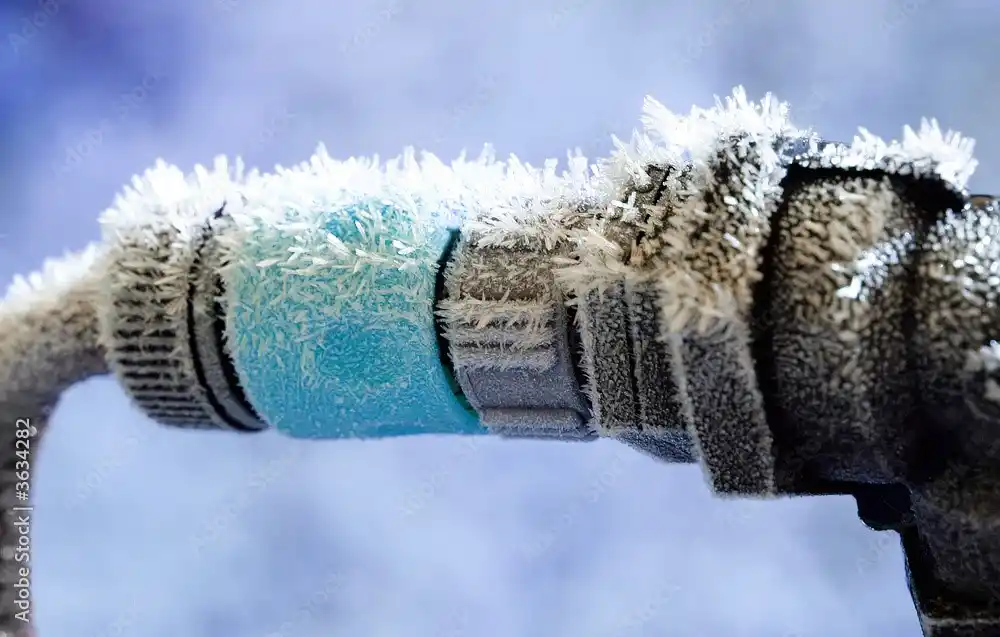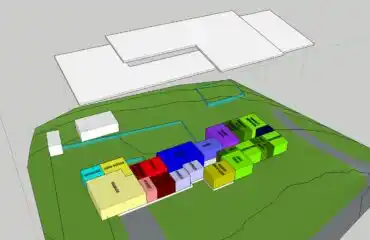As the seasons begin to transition, you will want to ensure your home is ready for the change in weather. But don’t wait for the rain or snow to arrive before you begin your fall prep, it’s always better to be safe than sorry. Here are 5 things we recommend you do before Fall starts!
1. Clean or Replace Your Gutters
Before the leaves start to fall, make sure your gutters and downspouts are unclogged and free of debris. Clogged rain gutters can lead to expensive repairs, both in and outside the home. Tighten your gutter hangers and downspout brackets and replace any worn or damaged gutters and downspouts. Once the leaves have finished falling, you’ll save a lot of hassle by pulling out the ladder again and clearing out the gutters once more.
2. Cover or Bring Your Outdoor Furniture Inside
Clean, cover, and store any outdoor furniture, so it’s out of the elements safe from wind-storms and excessive rain. Oh, and don’t forget your BBQ! Guarding against moisture can save your grill and prevent you from needing to purchase replacement parts. If you do not have the extra room for storage, you can purchase waterproof furniture covers that will keep your pieces protected until the next Summer season.

3. Check for Cracks and Drafts
According to the US Department of Energy, the heat that escapes from inside our homes is responsible for 25-30% of heating energy use. Evaluate your home’s exterior and look for potentially weak areas that could result in leaks. Seal up cracks between trim and siding, around window and door frames, and where pipes and wires enter your house.
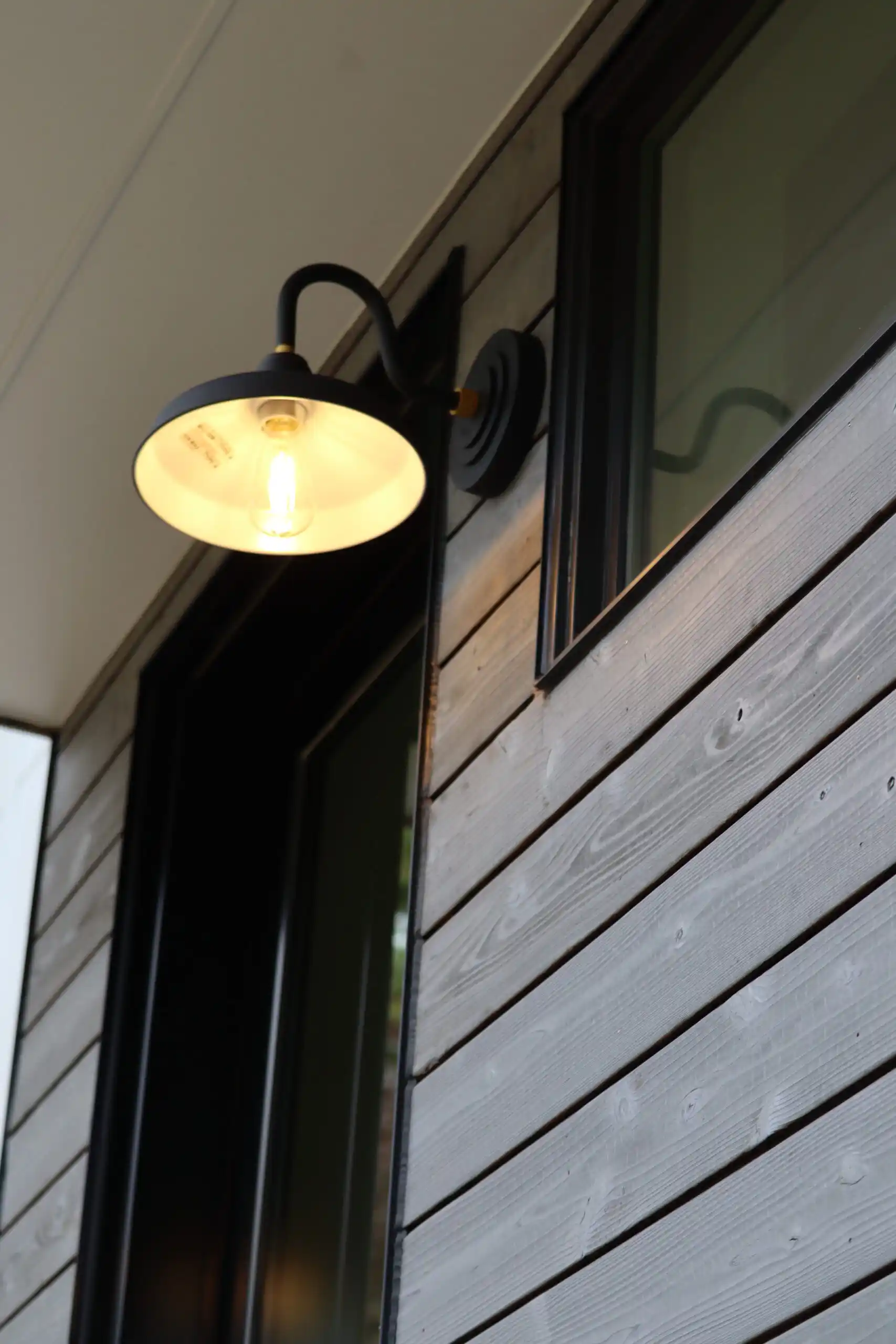
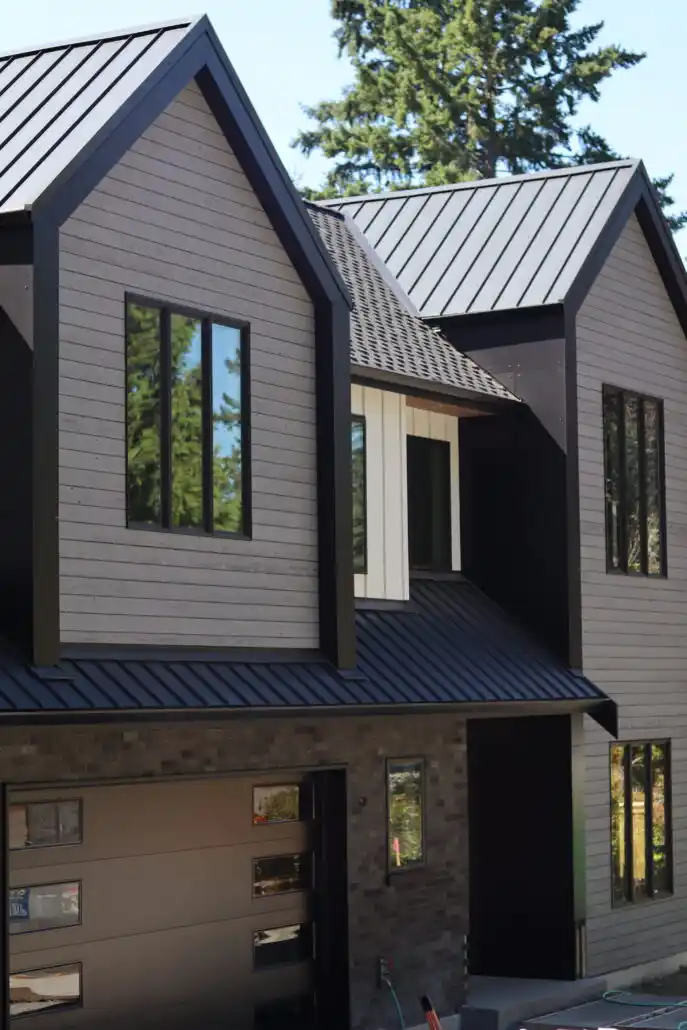
Pro tip: To check if you have a draft issue, close a door or window on a strip of paper. If the paper slides through easily, your weather-stripping is allowing a draft to enter the home and you will need to update.
4. Test Winter Equipment
Make sure everything you’ll need before winter is in good working order. If your area gets snow, test your snow blower or make sure you have a working shovel. Ensure your outdoor lighting components are all operating correctly, you’ll be grateful you got this done ahead of time.
5. Disconnect Outdoor Faucets and Hoses
Before winter arrives, shut off any water supply lines that lead to exterior faucets and disconnect garden hoses, then drain hoses before storing. Leaving hoses attached can cause water to back up in the faucets and if freezing temps hit, that water could freeze, expand, and crack the faucet or pipes.

